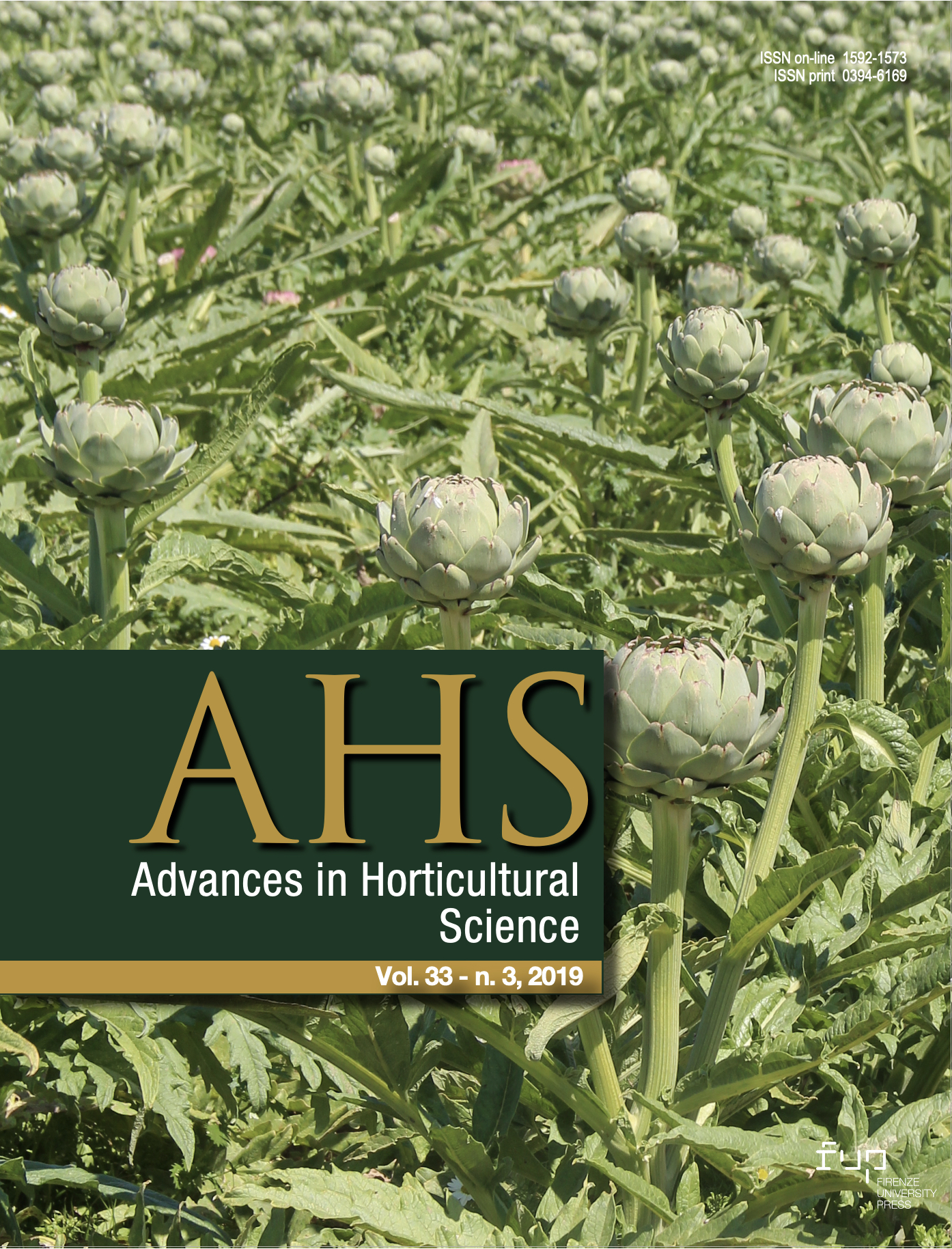Published 2019-10-29
Keywords
- membrane stability,
- photosynthetic attributes,
- relative water content,
- salt tolerance
How to Cite
Abstract
Salinity is one of the major abiotic stress factors limiting plant growth and productivity, particularly in arid and semi-arid climates. Hydrogen Peroxide (H2O2) and Nitric Oxide (NO) are important signaling molecules in plant response to abiotic stress. In this research the effects of foliar sprays with H2O2 (10 mM) and NO (0.1 mM sodium nitroprusside, as a NO donor) on alleviation of Salinity stress (0, 25, 50 and 100 mM NaCl) were investigated in Tomato (Solanum lycopersicum L. cv. Falat). Photosynthetic attributes, plant-water relations, membrane stability index and growth parameters were decreased by NaCl treatments. Exogenous H2O2 and NO application enhanced salt stress tolerance in tomato plants by improving the photosynthetic efficiency and plant water status as measured by relative water content and membrane stability index. These results were positively reflected by the increase in plant growth under salinity stress conditions. The results of this study described that under the adverse conditions of salinity stress, H2O2 and NO could activate the photosynthetic system and improve the physiological attributes in plant growth.






